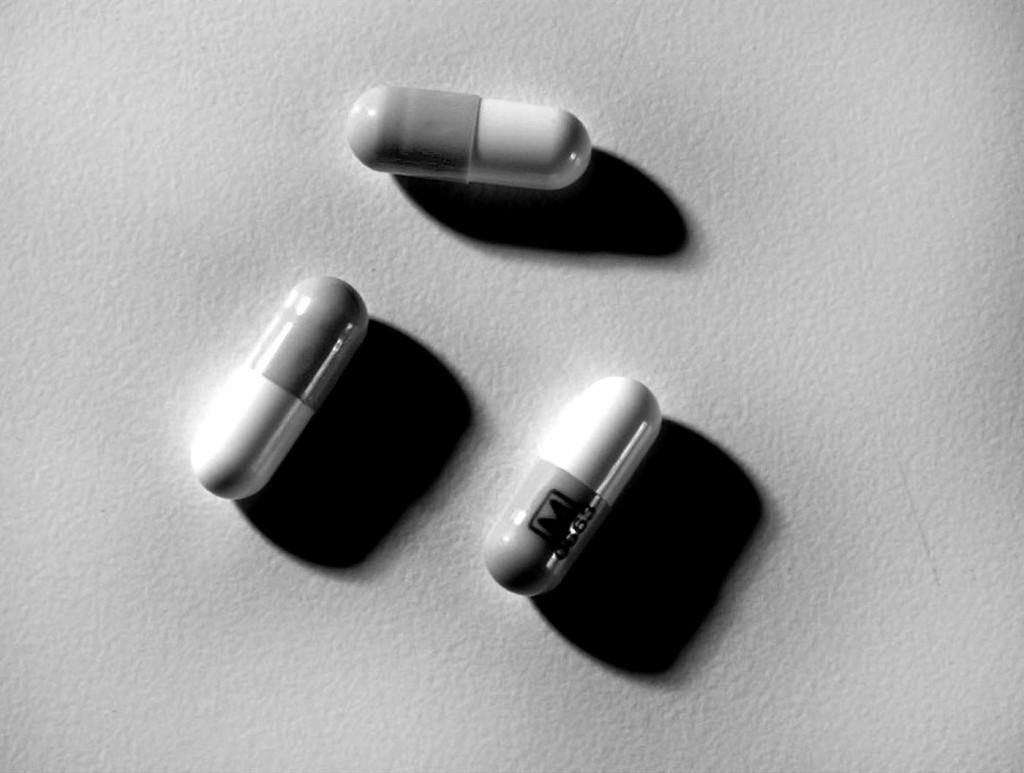I’d Rather Be Unhappy Than Unconscious
Anti-Depressants May Help Many, But Sometimes They Do More Harm Than Good
June 19, 2011

Published: March 12, 2009
My friend hadn’t laughed in months. He used to be such a happy person, talking loudly, smiling, winking after telling a joke. Then he became vacant, lethargic. He didn’t know how to respond to jokes or sarcasm. He got lost in even the most remedial conversation, and his short-term memory ceased to exist. He introduced his new phone on three separate occasions, each time his eyes half-mast and unaware. The drugs he’d been using had taken him out of the picture of his own life, and it became hard for me to call him a friend anymore. The way he was acting, I was a little reluctant to even call him a person. You’d think that for someone with this kind of problem, the obvious answer would be to seek medical help, but what can they do when that help is what caused the problem?
My friend had been dealing with depression on and off over the last year. Sometimes he’d feel unhappy for no reason, a kind of unprovoked sadness and regret for the world, a deep melancholy that he couldn’t shake. He eventually decided that these feelings were keeping him from enjoying life and went to see his family doctor. At his appointment, he was diagnosed with clinical depression and an anxiety disorder, and he was prescribed several different narcotics to help him manage his chemical imbalances.
Soon after starting the medication, it became clear that my friend had changed. He was no longer depressed, and in that respect, the Xanax and Colonopin were a success, but his prior feelings of loneliness and despair were replaced by a withdrawn complacency. My friend had become a robot. Over the next few weeks, he phoned in living. He completely alienated himself from our group of friends, started spending the weekends “at home” and constantly lied about his abusive tendencies. We soon learned that he had taken to drinking on top of his medication and that he was not using the pills as prescribed, sometimes mixing three or four and recreationally washing them down with a glass of scotch. His pupils became pinpricks, and he started pulling out his hair. He had also started selling the pills and bartering them for other pills which he would take alongside his own. Every time we’d confront him about it, he would make up some kind of excuse or rationalization for why he was in such a state, but he was hopeless. I’ve been more convinced by acting on Nickelodeon.
Since hitting rock-bottom, my friend has slowly emerged from the serotonin-reuptake-inhibitor-induced haze and has returned to the real world. He experienced a painful withdrawal complete with cold sweats, tremors and vomiting, along with the shame and embarrassment that comes with blacking out for two calendar pages. He reluctantly terminated his prescriptions and discarded his remaining pills, and he has since been looking more and more like his former self.
My friend is one of the lucky ones; most people are not so strong. Sure he still has feelings of depression or anxiety sometimes, but so does everyone. Feeling sad is a basic human emotion; it’s healthy to feel down sometimes, and there are ways to deal with it that don’t involve putting oneself into a near-vegetative state. When dealing with such issues as depression or anxiety, friends and family are your most valuable assets. The drugs can make you forget that. They make it easy to shrug off relationships and responsibilities. They make you content to experience life passively.
These drugs that doctors are so quick to prescribe are serious and habit-forming, and it is often hard to find a middle ground with medication that so wholly lends itself to abuse. People need to realize that doctors are not the beacon of security that western society has made them out to be. They need to understand that these pills are drugs, just the same as cocaine or heroin. Just because they are prescribed by doctors, they are not inherently “good.”
It’s easy to want a simple answer, a little pill that makes all your problems go away. But life is not a simple thing, and there is no such simple answer. Sometimes you need to feel sad in order to be able to recognize everything that’s worth loving. Do I enjoy feeling depressed? No, of course not. But I do recognize that such feelings are necessary sometimes, that they’re part of the vast human experience and that life is incomplete without them. While depression and anxiety disorders are serious conditions, mind-neutering medication is not the answer. The truth is that there is no definite answer, but I can tell you one thing for certain: I’d much rather be unhappy than unconscious.









